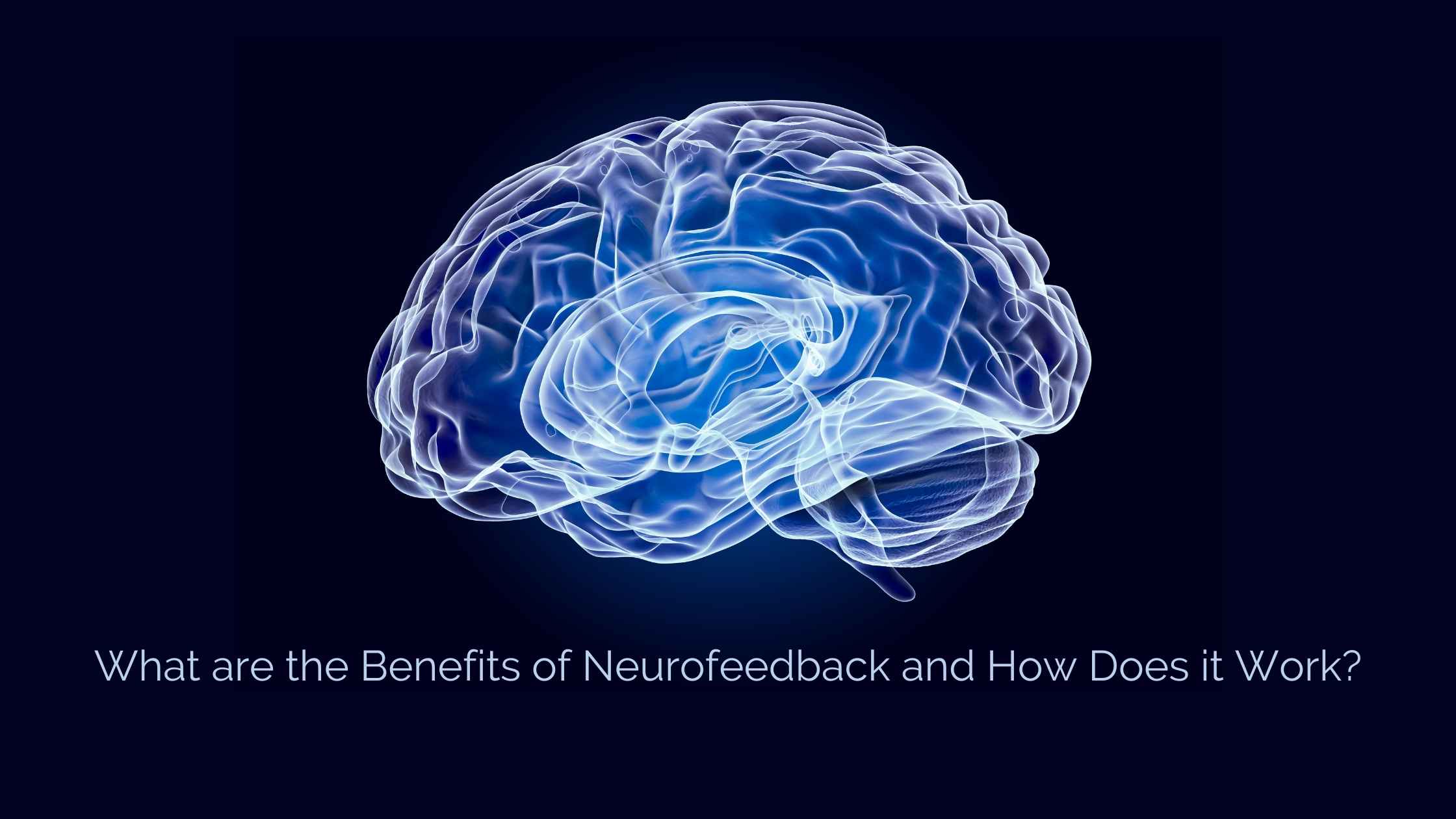Revealing the Secrets of the Brain Through qEEG Cerebral Mapping in Mental Wellness Assessment
Revealing the Secrets of the Brain Through qEEG Cerebral Mapping in Mental Wellness Assessment
Blog Article
Understanding the individual brain is a challenging task, especially when it pertains to mental health. Conventional approaches of assessment often depend on conversations and surveys, which can sometimes miss important details about how the brain functions. This is where quantitative brainwave analysis, or qEEG, enters into play. qEEG is a specific method that assesses electrical activity in the cerebrum. By analyzing these brainwaves, mental health experts can obtain valuable understandings into a person's mental condition, aiding to enhance diagnosis and intervention.
qEEG functions by applying small sensors on the scalp to capture neural signals. These electrodes detect electrical impulses produced by neurons, the cells in the brain that communicate with one another. The information collected is then processed and presented as a set of patterns. Each type of brainwave—such as α, beta, delta, and theta—relates to various mental conditions and functions. For example, alpha oscillations are commonly associated with calmness, while beta waves are associated to active thinking and issue resolution. By examining these trends, healthcare providers can identify abnormalities that may suggest mental health concerns.
One of the major advantages of qEEG is its ability to provide objective information. In contrast to traditional assessments that rely on subjective accounts from clients, qEEG provides a distinct picture of brain function. This objectivity can assist minimize prejudices in assessment click this link here now and lead to more accurate treatment strategies. For example, if a patient is experiencing anxiety, qEEG can show particular trends of neural function that are associated with anxiety disorders. This information allows psychological health professionals to customize treatments more efficiently, whether it be through therapy, medication, or other treatments.
Moreover, qEEG can be particularly beneficial in tracking intervention advancement. By conducting qEEG assessments at different stages during treatment, healthcare providers can monitor variations in neural function over period. This ongoing evaluation helps determine if a treatment is effective or if adjustments are needed. For example, if a patient is not responding to a particular medication, qEEG may show that their brain activity has not changed in a way that suggests progress. This response cycle can result to more customized and efficient psychological health treatment.
In summary, qEEG cerebral mapping is a potent instrument in the domain of psychological health assessment. By offering objective data about brain activity, it enhances the understanding of various mental health conditions. This technique not only aids in accurate diagnosis but also helps in monitoring intervention success. As psychological health experts persist to investigate the capabilities of qEEG, it holds promise for improving the lives of individuals facing mental health challenges. With ongoing research and advancements in technology, the secrets of the brain may turn more apparent, resulting to better results for those in requirement of support.